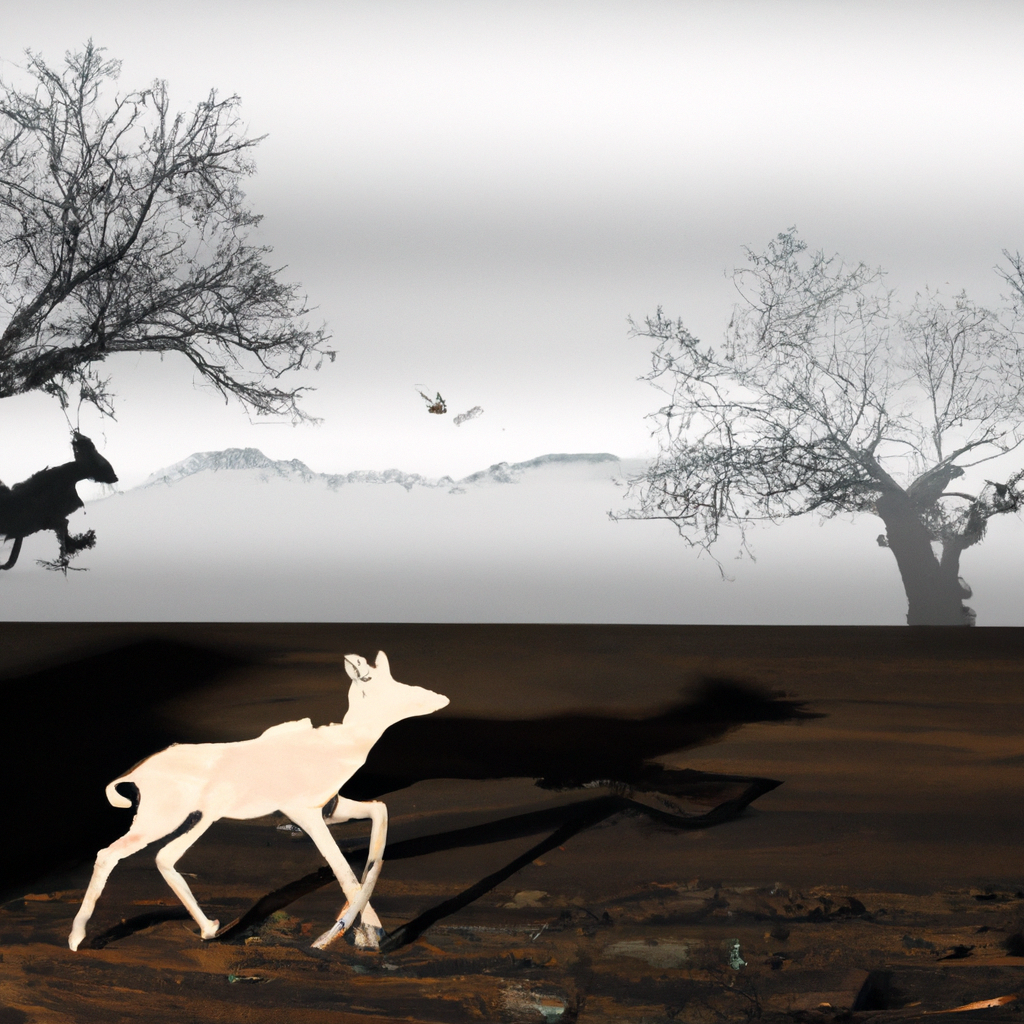
“The Ghosts of Evolution” by Connie Barlow: The Lost Partnerships Between Animals and Plants
In her book “The Ghosts of Evolution,” Connie Barlow explores the fascinating relationships between animals and plants that have been lost over time. These relationships, known as coevolutionary partnerships, have played a crucial role in shaping the natural world as we know it today. However, as Barlow explains, many of these partnerships have been lost due to the extinction of one or both partners, leaving behind “ghosts” of what once was.
The Importance of Coevolutionary Partnerships
Coevolutionary partnerships between animals and plants are essential for both parties’ survival. Plants rely on animals for pollination, seed dispersal, and protection from herbivores, among other things. In return, animals rely on plants for food, shelter, and other resources. These partnerships have evolved over millions of years to become incredibly complex and specialized.
The Ghosts of Coevolution
Unfortunately, many coevolutionary partnerships have been lost over time due to various reasons such as habitat destruction, climate change, and human intervention. When one partner goes extinct, the other is left without the benefits that it once received, leading to a breakdown of the relationship. This can have far-reaching consequences for both parties, as well as the ecosystem as a whole.
Examples of Ghosts of Evolution
Barlow provides several examples of “ghosts” of coevolutionary partnerships in her book. One of the most famous examples is the relationship between the passenger pigeon and the American chestnut tree. The passenger pigeon was once one of the most abundant birds in North America, and it played a crucial role in spreading the seeds of the American chestnut tree. However, due to overhunting and habitat destruction, the passenger pigeon went extinct in the early 20th century, leaving behind a “ghost” of what was once a thriving partnership.
Another example is the relationship between the yucca plant and the yucca moth. The yucca moth is the only insect that can pollinate the yucca plant, and the yucca plant is the only plant that the yucca moth can lay its eggs on. However, due to habitat destruction and the introduction of non-native species, the yucca moth is now in decline, leading to a breakdown of the relationship between the two species.
The Importance of Preserving Coevolutionary Partnerships
Coevolutionary partnerships are crucial for the survival of both animals and plants, as well as the ecosystem as a whole. Therefore, it is essential to take steps to preserve these partnerships and prevent further extinctions. This includes protecting habitats, reducing the use of pesticides, and promoting sustainable practices that support biodiversity.
Conclusion
In conclusion, “The Ghosts of Evolution” by Connie Barlow highlights the importance of coevolutionary partnerships between animals and plants and the devastating consequences of their loss. By understanding the value of these relationships and taking steps to protect them, we can help preserve the natural world for future generations.



